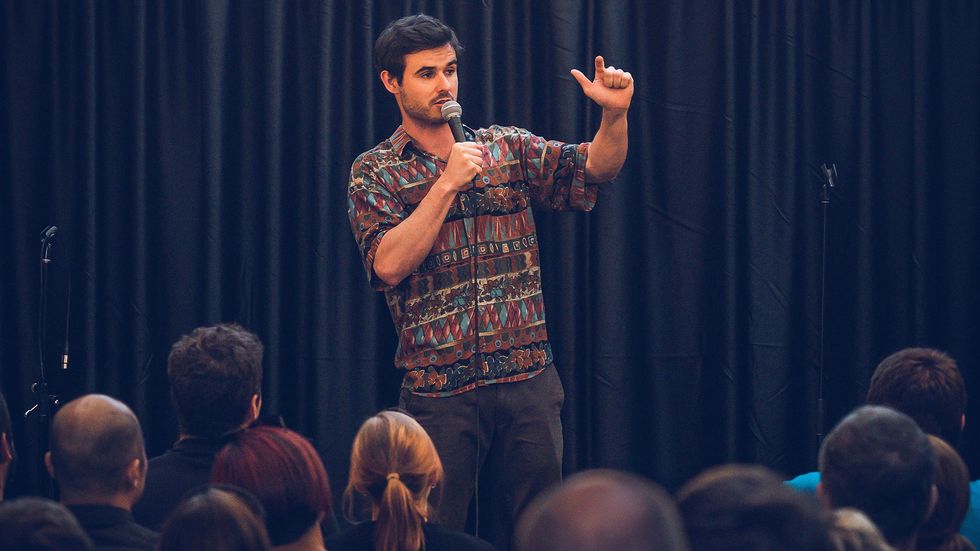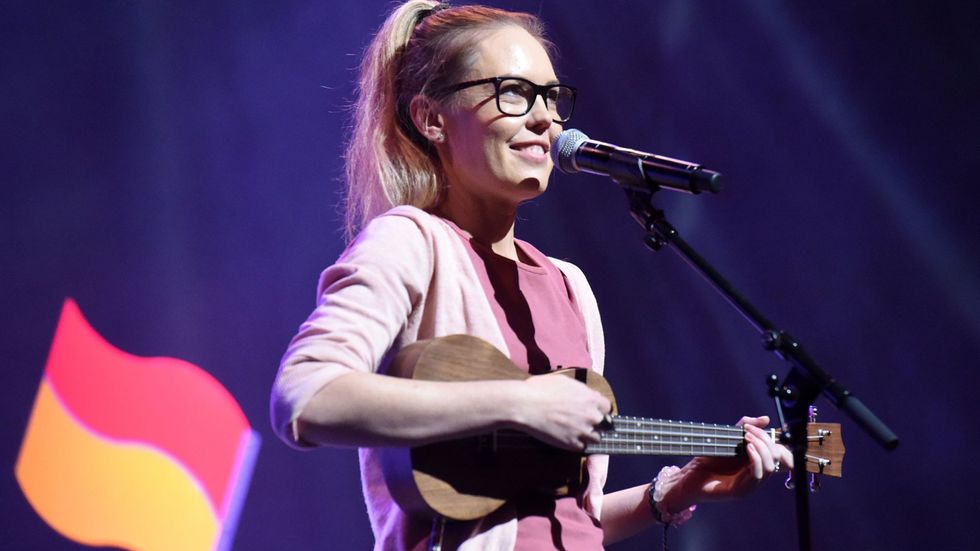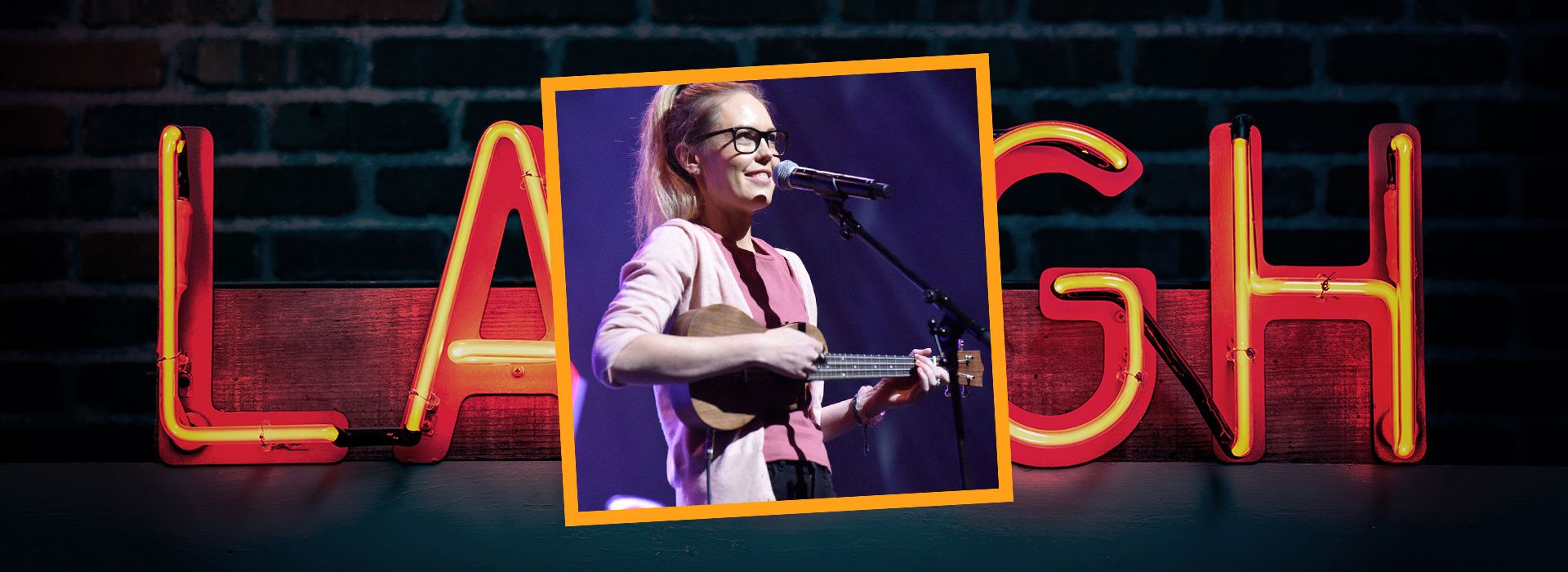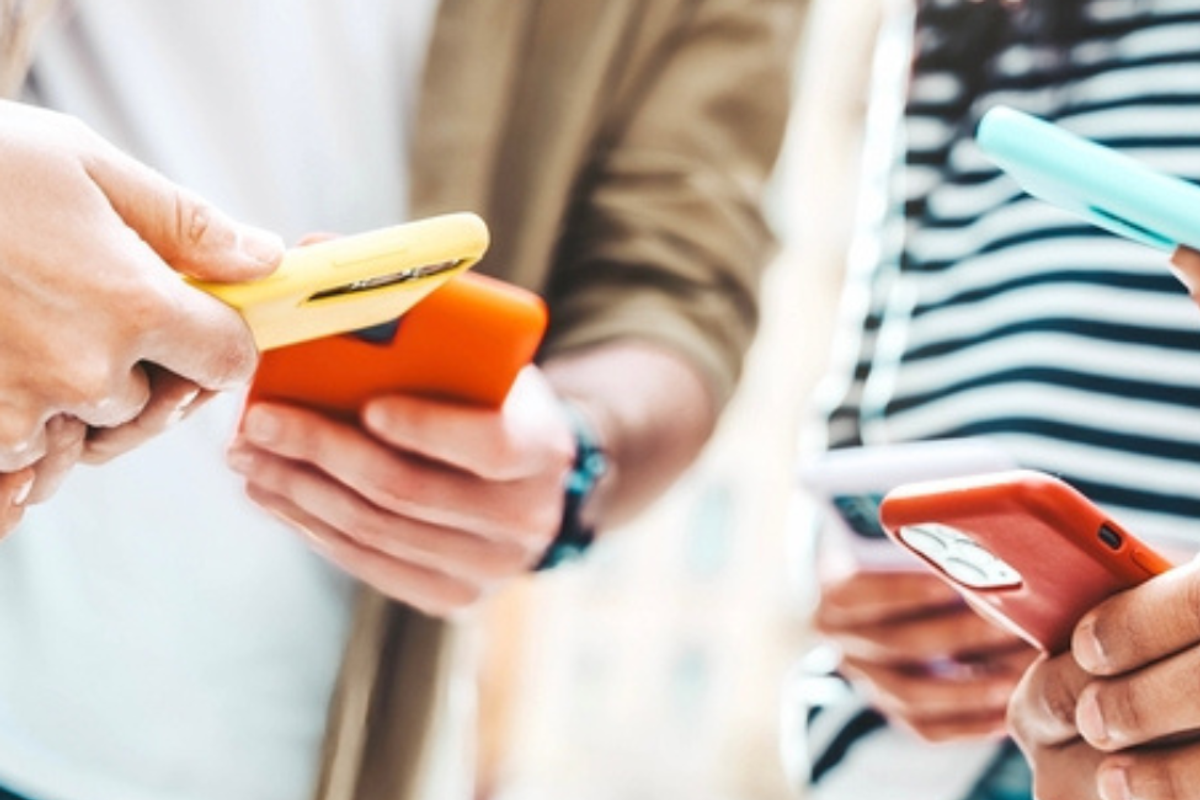After a two-month lockdown, the stage is finally set for return of stand-up comedians to Sydney comedy venues.
When the coronavirus pandemic closed down performing venues across Sydney, it left comedians without work and starved of rowdy affirmation. To make money and stay relevant in the ensuing months, comedians have turned their attention to the online medium. While economic hardship was the primary concern for many, a plethora of issues and opportunities have presented themselves as a result of the lockdown.
Comedian Sam Kissajukian had been steadily touring Australia and overseas with his Sydney-based comedy group Laugh Mob until March when all his gigs, including the Melbourne Comedy Festival and the Edinburgh Fringe Festival, were cancelled.
"I lost like $20,000 worth of upcoming work … like three months' worth of gigs," Kissajukian said.
Determined to remain active in the comedy community, Kissajukian switched to online, though he found that posed its own issues. It was a struggle, he said, to produce something original at a time where everyone had a very similar life experience and there was an excess of content being produced.
"I felt like all the comics were posting on social media and obviously they're so used to getting attention on stage all the time and I felt that same narcissistic attitude of 'look at me,'" Kissajukian said.
He realised: "Fuck man, I'm just gonna be another person that's crying for attention." So, rather than work on his own content, he gathered together comedians he had previously worked with, Ruven Govender and Kyle Legacy, and they created a website called Coronavirus Comedy.
'If you're in a gig there's like six comics on. So, as long as you don't say the same thing as the other five, you're fine, but on the internet it's the whole world.'
“Since people couldn't go to comedy clubs, we thought, we would make a platform that allowed comedians to produce content, that we had specifically asked for, and then we would write an article about them and post a bunch of their stand-up clips in the article,” he said.
Kissajukian also started a video podcast called Alcohol is Good for You where he discusses avoidance and life as a comedian during and coming out of the pandemic. His take, the lockdown is an "anxiety, narcissistic marathon". He said the video podcast is something he has enjoyed as a change from stand-up comedy because he had not had to worry about being funny every 10 or 20 seconds and it allowed "stream of consciousness" discussions to flourish.
Another comedian who has kept herself busy during the pandemic is Stephanie Broadbridge, a finalist in last year's RAW Comedy National Grand Final, broadcast on SBS Viceland. Broadbridge, who has described the urge to do stand-up as like an addiction, was performing almost nightly before the lockdown. Now, she might get one gig every three weeks, and that is by taking her comedy skills online.
"I've done a couple of things. I did a show called Lounge Room Sessions and they came to my house and took a recording of me performing stand-up and that went on YouTube so that was kind of cool," she said. Another gig involved a Zoom video chat where each comedian did a seven-minute set and the audience was muted "for happy endings".
Lockdown pros and cons
SUPPLIED
Sam Kissajukian tried podcasting, unlike stand-up, you don't have to be funny every 10 seconds.


Asked if she thought comedy might move predominately online after the lockdown, Broadbridge responded hastily: "I hope not, I hate it. It's not the same, it's a different skill. I think live entertainment is a completely different skill to making a video funny, not that you can't do it. You don't get that buzz from getting a laugh from an actual person."
Another alternative for comics to live stand-up has been podcasting. "I've been on one podcast," Broadbridge said, "I haven't started a podcast. I've got a few ideas I'm planning but also it's really tricky, it sounds dumb but you're very aware that everyone's doing it, so you don't wanna be just another bit of content that exists that's the same as other peoples."
"If you're in a gig there's like six comics on. So, as long as you don't say the same thing as the other five, you're fine, but on the internet it's the whole world so it's really hard to have a unique take," she said. "Stuff that's getting put out is not very well received, especially by other comics. It's quite cruel." Most recently, Broadbridge has been working on a type of audio play style podcast with three fellow comedians that is yet to be released.
While comedians such as Kissajukian and Broadbridge have chosen to produce fresh material during the shutdown, others have seen it as an opportunity to take a breather. Todd Alleyn and Blake Mitchel host "Sticks and Stones", a weekly open mic comedy evening at the Chippo Hotel. The part-time comedians have found a kind of solace in the lockdown and believe the halt to comedy for the time has been a good thing. Asked if they considered creating their own online content, in particular a podcast, Mitchell responded bluntly: "Why would we throw our turds onto the shit heap?"
"It's kind of weird to me when there is only one other source to go to and people gravitate towards a certain kind of outlet," Alleyn said. "I don't see anything wrong with a down time, I don't see anything wrong with a break. After this everyone goes back to zero."
For Kissajukian, the lockdown has also been a time of self-contemplation. "Having to be with yourself is a very profoundly interesting thing and I think as a comic … what you do is entertaining but another part of it is a philosophical comment on self and society and so I think this is a very shared struggle of having to see if you can deal with yourself," he said.
"I think a lot of people's shit is coming up and I'm certainly having a really hard time. I think I'll look back and be glad, in a way, that I've got to experience this mode of life. I think a lot of people will be really grateful of this quarantine, I think it will change some things for the more positive."
This month, restrictions on venues are slowly easing (Crown Comedy night at the Louis Hotel in Lewisham returned on Thursday night), and both Broadbridge and Kissajukian have new bookings for paid gigs.
"It's exciting to get back into stand-up," said Kissajukian, "but it's also exciting to come at it with a bit more wisdom about the way the world is changing … I reckon the first three or four shows that comedians do will be really bitter therapy and then people will get back to jokes."
Broadbridge recently performed at an open night but discovered the time away had blunted her stand-up edge. "It was pretty bad," she said. "I felt so rusty, I was really aware there was a light in my eyes, I forgot to smile, I got my words mixed up, it was a nightmare."
That said, her stand-up game is not her biggest concern, it's a financial one. "I know that a lot of the venues that run comedy have lost a lot of money … There's no comedy guild or union that can protect any performers' or room-runners' rights, so that is my biggest concern at the moment."
James graduated with a Media (Communications and Journalism) degree from UNSW. He is a music nerd, also fascinated by the worlds of politics, journalism and the arts.






As a checkout chick, I'm used to rudeness. But I can't bear the threats and violence